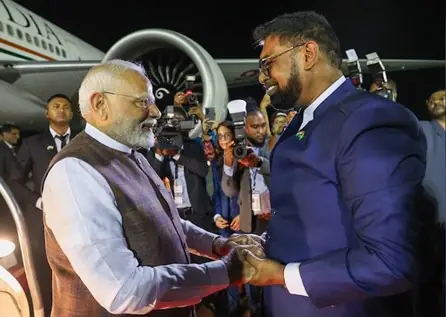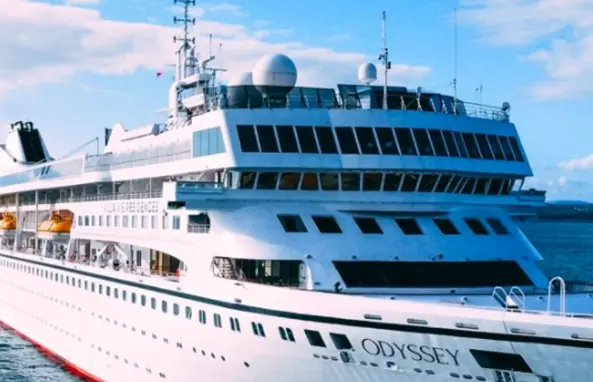Antigua and Barbuda receives 32,400 doses of Pfizer vaccine
Antigua and Barbuda: The world has been dealing with the global pandemic – COVID-19, and the fight has become easier because of the availability of vaccines. Recently, the United States of America has extended its hand to help Antigua and Barbuda in this fight against the SARS-CoV-2 virus. According to the US Embassy in Barbuda, […]
18th of February 2022

Antigua and Barbuda: The world has been dealing with the global pandemic – COVID-19, and the fight has become easier because of the availability of vaccines. Recently, the United States of America has extended its hand to help Antigua and Barbuda in this fight against the SARS-CoV-2 virus.
According to the US Embassy in Barbuda, this week, the US has donated as many as 32,400 Pfizer vaccine doses to Antigua and Barbuda in the three separate tranches.
This donation by the US has brought the total of donated vaccines to 73,350.
This week, the Caribbean nations have received around 212,000 COVID-19 vaccines from the United States.
In this regard, US Ambassador to Antigua and Barbuda Linda Taglialatela said, “We are proud of this donation and our continued cooperation with the people of Antigua and Barbuda. Vaccines have reduced the risk of hospitalization, death and severe infection from COVID-19. By working together, we can ensure a healthier future and restore the economic prosperity we all seek.”
As the cases because of the Omicron variant has been increasing worldwide, President Joe Biden has promised to deliver the vaccines to the countries which require them.
According to the statics shared by the government of the United States, it has donated over 200 million COVID-19 vaccines doses to worldwide countries. These donations are in addition to the millions of vaccines provided to countries through the COVAX Facility, which the United States supports with US$4 billion in financial commitments.
Antigua and Barbuda has around 7,395 new COVID-19 cases and as many as 135 deaths. Between February 4 and February 17, the island nation reported around 663 COVID-19 cases. As of February 13, 64 percent of residents of Antigua and Barbuda have received the partial vaccine and the complete vaccination doses have been received by 61 percent of the population.
Latest
- National Bank Group Night Market & Soca Teaser to ignite Nevis Culturama Festival on July 5
-
Truth behind Mehul Choksi’s “Kidnapping” Claims & UK Lawsuit Narrative -
Mexico Investigates Crematorium After 381 Bodies Found in Storage -
Two firefighters killed, one critical after targeted gunfire assault in Idaho -
ICC Announces Major Rule Changes Across Formats, Including Stop Clock for Tests
Related Articles

6th of December 2024

29th of November 2024

22nd of November 2024

22nd of November 2024

22nd of November 2024

22nd of November 2024

25th of November 2024

24th of November 2024
